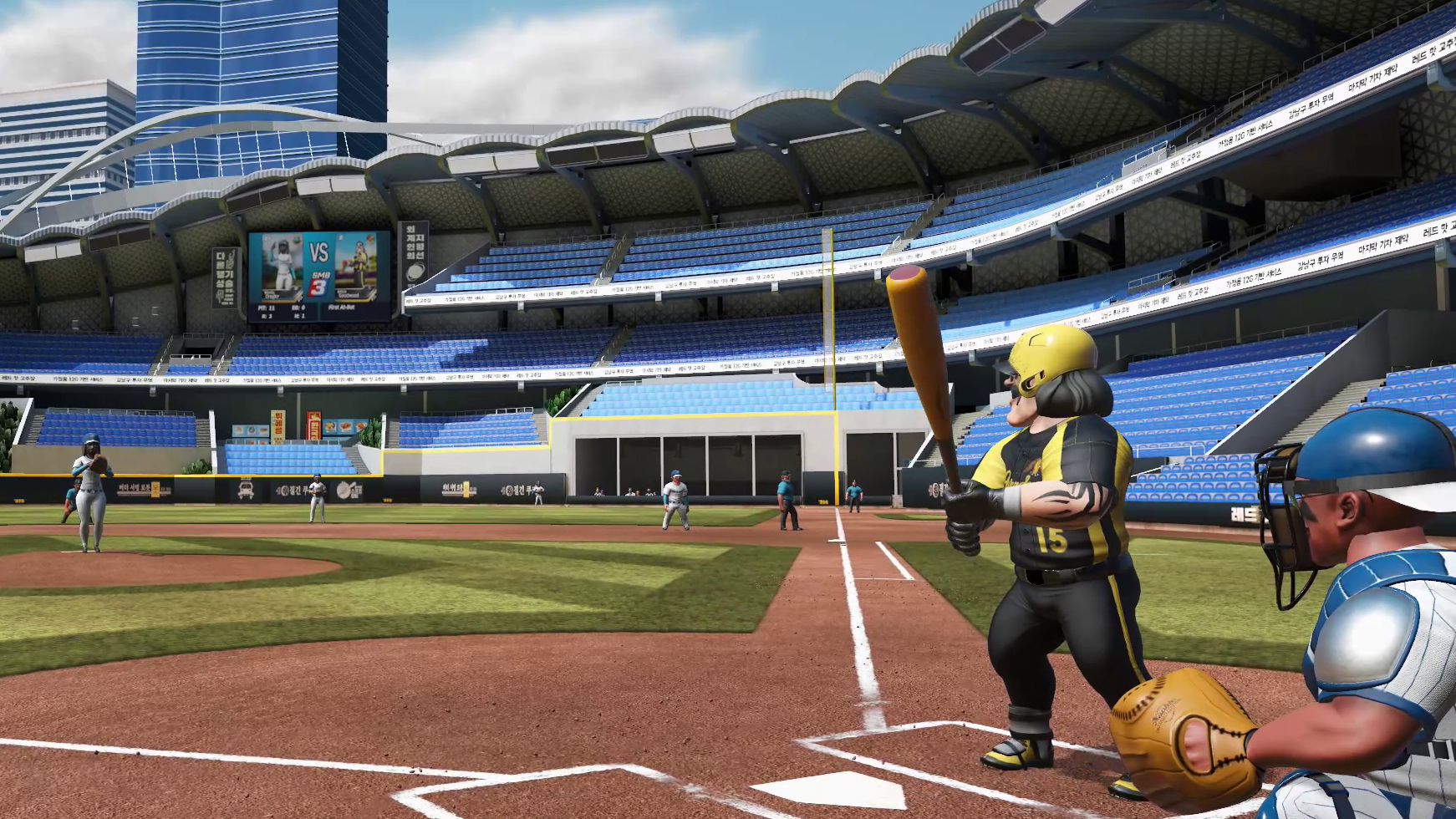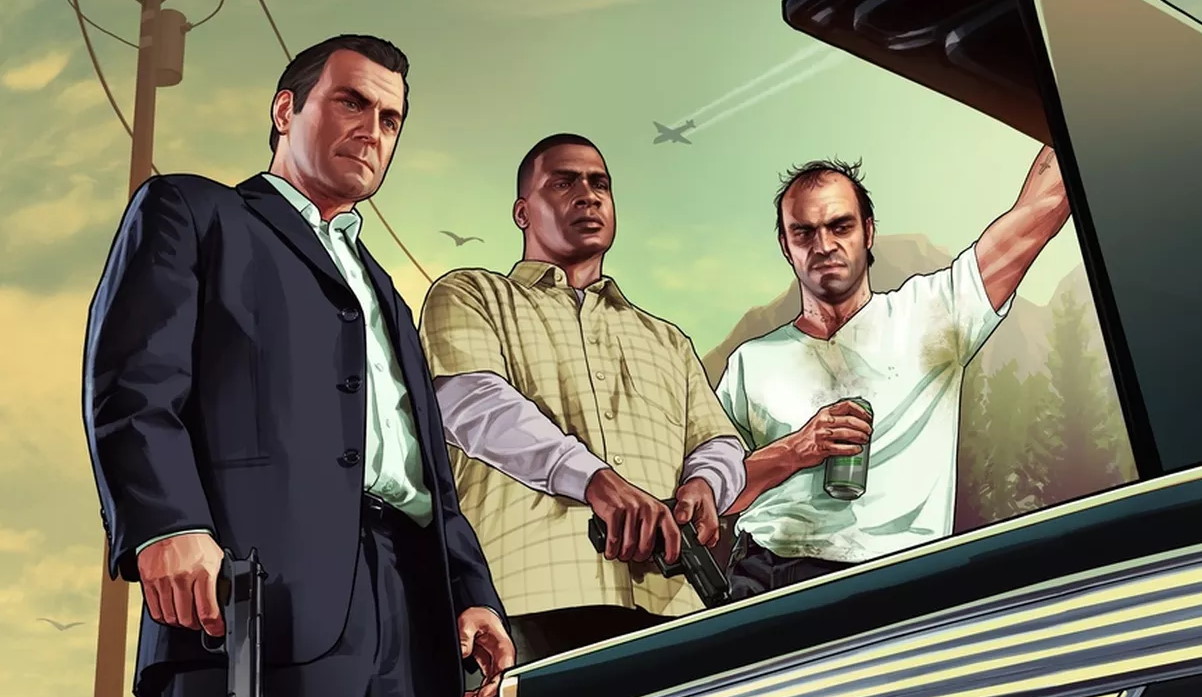Playing Super Mega Baseball 3 with no crowds in the stands is incredibly eerie
Major League Baseball will be weird this year with no fans in the stands, and you can get a preview of the oddness in SMB3.

Major League Baseball is coming back this year. Sorta. Due to COVID-19, the 162-game season has been whittled down to a mere 60 games, and there are all sorts of new rules in place.

Best PC games: All-time favorites
Best free PC games: Freebie fest
Sims 4 cheats: Life hacks
GTA 5 cheats: Phone it in
GTA 6: Grand theft next
2021 games: This year's launches
Travel is highly restricted and teams will only play within their division and against their divisional interleague counterparts. There's no spitting allowed (they should keep this rule in place forever). Pitchers can't lick their fingertips but must use a "wet rag" for moisture instead. Ick. Players and coaches must stay six feet from umps when screeching like infants about calls they disagree with, or they may face ejection and other penalties.
And there won't be any fans in the stands.
That last one is obviously an excellent rule to protect thousands of people from contracting COVID-19. A more excellent rule would be absolutely no baseball at all this year because America continues to prove that We Are Not Ready To Re-Open. But, as of now, professional baseball is going to happen, and it'll be happening without fans in the stadiums, which is gonna be weird.
I decided to give myself a preview of that weirdness by playing Super Mega Baseball 3 this week. SMB3 lets you turn crowd density from 100 percent all the way down to zero so the stands are completely empty. It also lets you turn crowd noise to zero. For good measure, I turned off the park music. No crowds, no cheering, no snippets of vague rock music when batters step up to the plate.
It's eerie. Have a look below, and make sure your volume is turned on so you can hear how little there is to hear.
It's just weird. The home crowd isn't lustily booing the visiting pitcher for making multiple pick-off attempts to first. There's no cheering as the batter drives one to the deepest part of the park for a home run. No fans jumping up and down, no feeling of electricity from blasting a homer into the seats. The score just changes by two and it seems completely inconsequential.
The biggest gaming news, reviews and hardware deals
Keep up to date with the most important stories and the best deals, as picked by the PC Gamer team.
Even the celebratory horn blasts manage to sound impotent and forlorn in the empty park, like the last whale alive futilely searching the barren oceans for a mate.
Other sports have already been dealing with the weirdness of playing in front of empty seats, and some even pipe in artificial crowd noise—from FIFA 20, in fact—just to make it seem like there are fans watching from the stands. I wouldn't be surprised if Major League Baseball doesn't do the same, even though fans in Europe are pretty divided on the fake cheers.
But with no crowd and no noise, everything feels anticlimactic. While playing SMB3 with the seats empty, a great throw from the catcher to nab a base stealer fizzles out like a lit match dropped in a puddle. The announcer's voice is reminiscent of a train station PA at midnight on a Sunday when there's no one else on the platform. Fooling a batter with a leisurely changeup after a couple of blistering cut fastballs feels deflating instead of invigorating.
And somehow the weirdest part is the break between half-innings, after the third out when one team leaves the field and the other team runs to their positions. No white noise from the crowd, no music, just a silent, sweeping shot of the empty stadium. It's a glimpse of the 2020 season during COVID, or a glimpse of the Marlins during every season.
I usually like realism, and I briefly toyed with the idea of playing my next franchise season of Super Mega Baseball 3 with the crowds completely off the entire time. But after trying it in just one exhibition game, I'm definitely gonna keep the crowds cranked all the way to 100 and as loud as possible. Right now, escapism feels much more satisfying.

Chris started playing PC games in the 1980s, started writing about them in the early 2000s, and (finally) started getting paid to write about them in the late 2000s. Following a few years as a regular freelancer, PC Gamer hired him in 2014, probably so he'd stop emailing them asking for more work. Chris has a love-hate relationship with survival games and an unhealthy fascination with the inner lives of NPCs. He's also a fan of offbeat simulation games, mods, and ignoring storylines in RPGs so he can make up his own.

